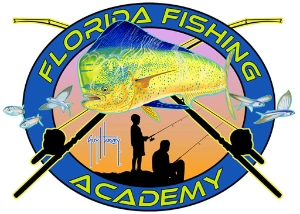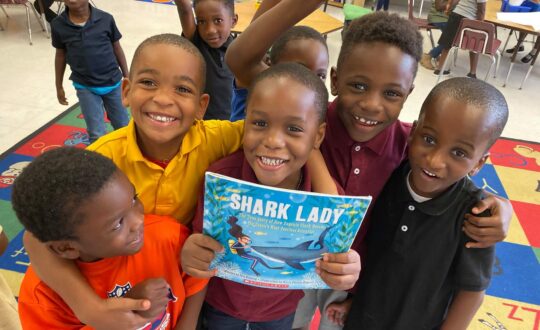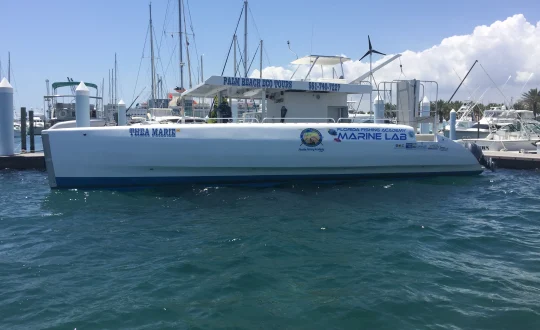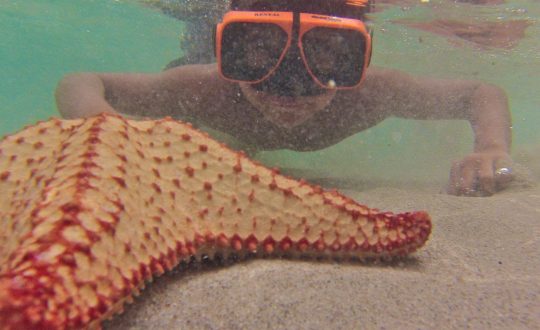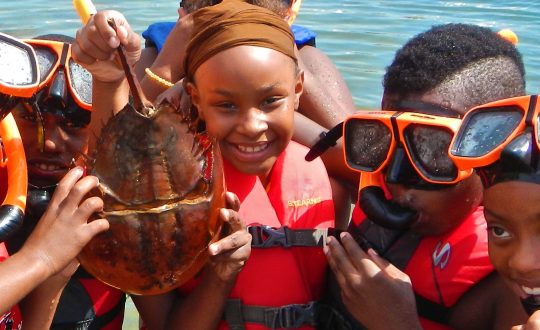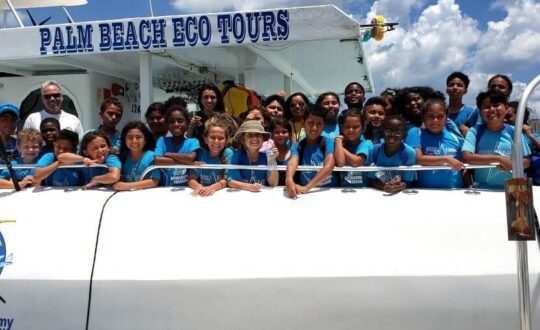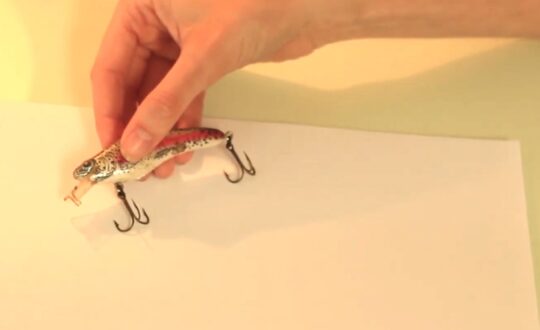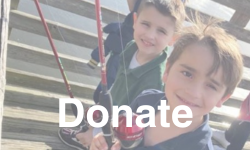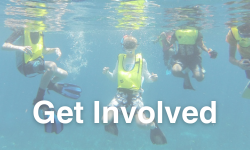Florida Fishing Lessons That Build STEAM
Picture 4th graders using sand, light and augmented reality to study the topography of oceans and land. Then picture those same kids on a boat, squealing with excitement as they catch their first fish. Our kids’ fishing programs get everyone engaged—in class and on the water.
Kids learn lessons in fishing, nature and the environment while gaining empowering skills for life. These programs were designed to educate and inspire children in grades 3 through 12.
Funded by grants, sponsorships and donations, we offer courses primarily to Title I schools as programs for disadvantaged youth.
Paid programs and field trips are also available under School Field Trips.
Lessons With STEAM Activities and Social and Emotional Learning (SEL)
How It Works
- All students begin with Angling for a Healthy Future to learn about marine life in Florida and basic fishing lessons.
- Charting a Course in the Marine Industries offers more advanced learning, mentoring and job skills training.
- The Mobile Marine Lab and FFA field trips can be included in the above programs or reserved as stand-alone events.
Learn more below or contact us with questions.
